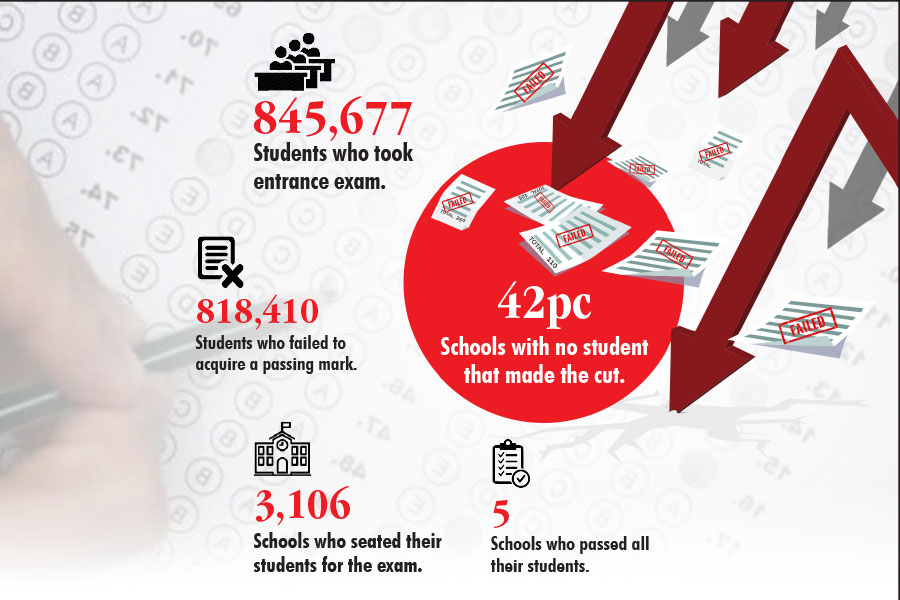
Oct 30 , 2022
By AKSAH ITALO ( FORTUNE STAFF WRITER )
The energy crisis has now become global, according to the International Energy Agency (IEA).
“This represents the first truly global energy crisis in the market,” said Fatih Birol, executive director of the Agency.
Russia’s war in Ukraine has caused disruptions in the global energy market, leading the world to scramble to green energy. The Agency warned the global energy crisis is on a shock ground, speeding up the need for a sustainable energy system. The European Union spent one billion euros on daily oil and gas imports from Russia. The conflict has brought down Russia’s oil and gas export despite the increasing global demand.
Fossil fuel prices shot up by 26pc across industrialised countries. The coughing by advanced economies from soaring energy prices sneezes developing countries. The spike in global energy demands and skyrocketing prices significantly affect developing countries like Ethiopia, urging policy and distribution amendments.
Ethiopia spent 3.4 billion dollars on petroleum imports this year while the demand has climbed by 83pc from the previous year, claiming a 19pc share of the total import bills. Kuwait sold Ethiopia the largest volume, with a 32pc share, followed by UAE (27pc) and Saudi Arabia accounting for the 26pc.
In January this year, the Council of Ministers approved a regulation that lifts fuel subsidies for private vehicles within a year, progressively through July. Public transport vehicles would see the subsidies reduced by 10pc over a five-year period which began three months ago.
The consequences of the Russia-Ukraine war touch every industry, particularly the import-export businesses, says Tigabu Atalo, an independent power consultant.
How Ethiopia responds to a global energy crisis with domestic ramifications is an issue people, from policymakers to researchers and industry operators, are mulling over.
Serkalem Gebrekristos (PhD), the former CEO of Dallol Oil, doubts whether the country is ready for a clean energy regime.
“The government is unable to address the root problem,” Serkalem told Fortune. “The assessment on the use of renewable energy needs to be revised.”
Experts see a fuel shortage not as the main challenge, as it is the inefficient usage of petroleum and increased security concerns on the transport corridor. He said fuel is smuggled illegally to neighbouring countries such as Somalia and South Sudan. Federal authorities are pushing for broader use of electric vehicles, eventually overtaking cars consuming petroleum. For Serkalem, it is an “unrealistic” proposition.
Federal transport authorities are working on an automotive policy that outlines the government’s support for local vehicle assemblers. Two years ago, officials at the Ministry of Finance lifted the excise tax imposed on imported electric vehicles and parts. Recently, they slashed the duty tariffs down to 15pc. As the transport sector is the major petroleum consumer, electric vehicles could be vital to reducing the demand for fuel.
However, Serkalem believes “the move without a proper study might put the economy at risk.”
Whether to fuel cars or power industries, experts pin their hope on expanding renewable energy in hydropower, including the completion of GERD, to generate over 5,000mg of electric power. Ethiopia has been exporting 100mw of electricity to Djibouti and Kenya over the past decade, generating over 450 million dollars yearly. It has plans to reach South Sudan and Somalia in the coming years.
“We’re working towards exporting another 100mw to Djibouti in the next few years,” said Mesfin Dabi, an energy analyst for the Ministry of Water & Energy.
The public-private partnership initiative has identified seven hydropower projects to be implemented by independent power producers. However, most of the projects have collapsed.
ACWA Power agreed to construct the Afari-Dicheto and Somali-Gad projects to generate 125mw each, with a planned investment of 300 million dollars. The company abandoned the projects last year, after three years of waiting.
The Tulu Moye and Corbetti projects are two ongoing projects hoped to generate power from a geothermal source. Jointly owned by the Paris-based investment firm Meridian SAS and the Icelandic geothermal development company Reykjavik Geothermal, Tulu Moye’s project in the Arsi Zone of Oromia Regional State is scheduled for completion in two years. It will generate 50mw of power, covering 0.012pc of electric power entering the national grid. The company embarked on the project in 2018 with an investment outlay of 800 million dollars. Corbetti Geothermal Power Project is a 150mw geothermal power project planned in Oromia Regional State, with a projected cost of around 800 million dollars.
PUBLISHED ON
Oct 30,2022 [ VOL
23 , NO
1174]

Commentaries | Mar 09,2019

Advertorials | Jun 05,2023

Radar | Aug 05,2023

Fortune News | Oct 21,2023

Radar | Apr 16,2022

Radar | Jan 15,2022

Radar | Jun 01,2019

Viewpoints | Dec 04,2020

Radar | Aug 05,2023

Sponsored Contents | Dec 31,2022

Dec 22 , 2024 . By TIZITA SHEWAFERAW
Charged with transforming colossal state-owned enterprises into modern and competitiv...

Aug 18 , 2024 . By AKSAH ITALO
Although predictable Yonas Zerihun's job in the ride-hailing service is not immune to...

Jul 28 , 2024 . By TIZITA SHEWAFERAW
Unhabitual, perhaps too many, Samuel Gebreyohannes, 38, used to occasionally enjoy a couple of beers at breakfast. However, he recently swit...

Jul 13 , 2024 . By AKSAH ITALO
Investors who rely on tractors, trucks, and field vehicles for commuting, transporting commodities, and f...

Jul 12 , 2025
Political leaders and their policy advisors often promise great leaps forward, yet th...

Jul 5 , 2025
Six years ago, Ethiopia was the darling of international liberal commentators. A year...

Jun 28 , 2025
Meseret Damtie, the assertive auditor general, has never been shy about naming names...

Jun 21 , 2025
A well-worn adage says, “Budget is not destiny, but it is direction.” Examining t...